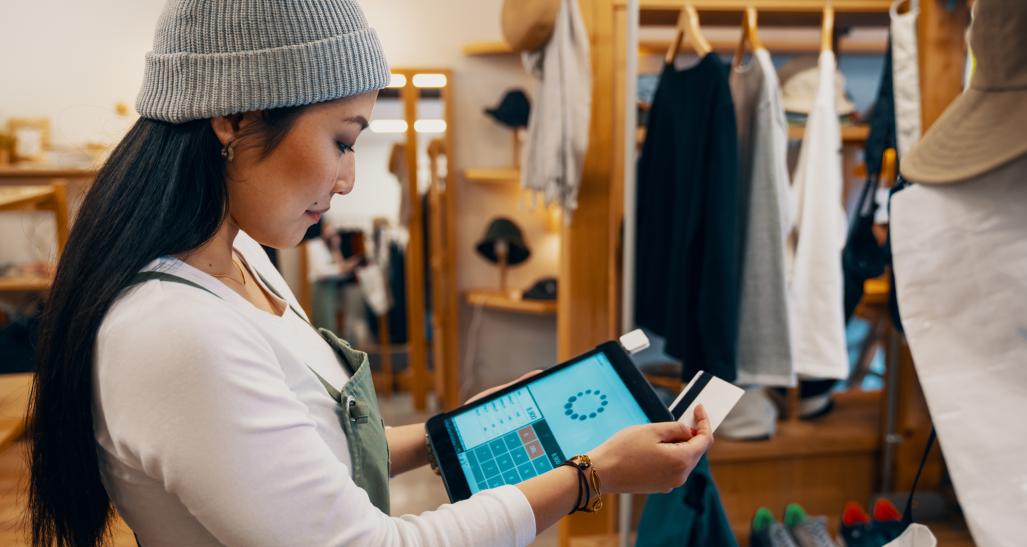
Nikki Baird, vice president of retail innovation at retail enterprise solution provider Aptos, has spent her entire career at the intersection of retail and technology. She has been an industry analyst for nearly 15 years, co-founding Retail Systems Research, the premier boutique analyst firm focused on the retail industry, and was an analyst at both Forrester Research and Retail Systems Alert Group. Now, she helps retailers innovate. Baird talks about the impact of COVID-19, how it has changed retail forever and where savvy retailers might find opportunities.

How can retailers emerge from this pandemic with an innovation mindset instead of survival?
I think, first, they have to abandon the idea (if they haven’t already) that there is an old “normal” to return to. What existed in the retail industry before March of 2020 no longer exists and it’s not coming back.
Even if we get back to retail sales levels that were pre-COVID-19, the structure of those sales will be very different. If you let go of the idea that you have to preserve what was before, then it opens up the horizon for what may change and how to best take advantage of those changes.
What are some of the biggest shifts you see emerging in consumer demand as a result of the pandemic and disruption in daily lives?
Clearly, ecommerce and omnichannel have benefited from the consumer shifts driven by closed stores and local lockdowns. In the U.S., consumer spending on restaurants had surpassed consumer spending on food retail for the first time ever. Many younger shoppers who never mastered the “adulting” skill of cooking have had to learn fast, and found they even enjoyed it. So that seems like it may be a permanent structural change.
Can anyone say that the shift to online is a permanent change? No — it’s too soon to tell. But if you look at online revenue growth trends, online was already growing, and definitely omnichannel behaviors were growing as well. While consumers will definitely return to stores as soon as they feel safe doing so, I think we’ll see that some shoppers who shifted to online may never go back.
As retailers prepare to reopen (in some locations at least), how would you advise them to respond to these shifts in consumer demand?
Online sales and omnichannel fulfillment are here to say. For me, the biggest shift is “no more excuses.” Retailers and brands have come up with all kinds of excuses for why they didn’t need to invest more in omnichannel. “My margins are too thin.” “My price points are too low.” “My products aren’t cost-effective to ship.” And probably the biggest one: “My consumers prefer to buy in a store.”
The pandemic has revealed that omnichannel is a necessity, and while it won’t be quite so central once more stores open, it will still have a lasting impact — consumers will want to know if something they’re looking for is in stock before they go to the store. Consumers will want options on how to receive the goods, whether that’s pickup in store, at curbside, or delivered to the home.
And consumers won’t care what your margins are, or your price points, or your shipping costs — they will expect it no matter what.